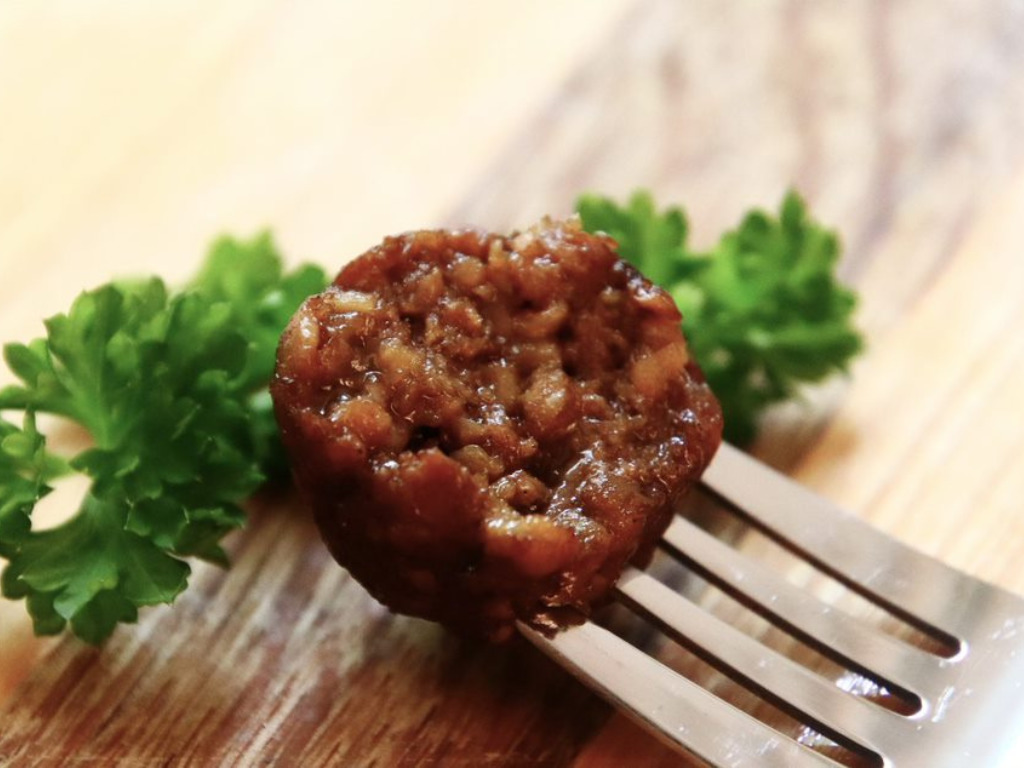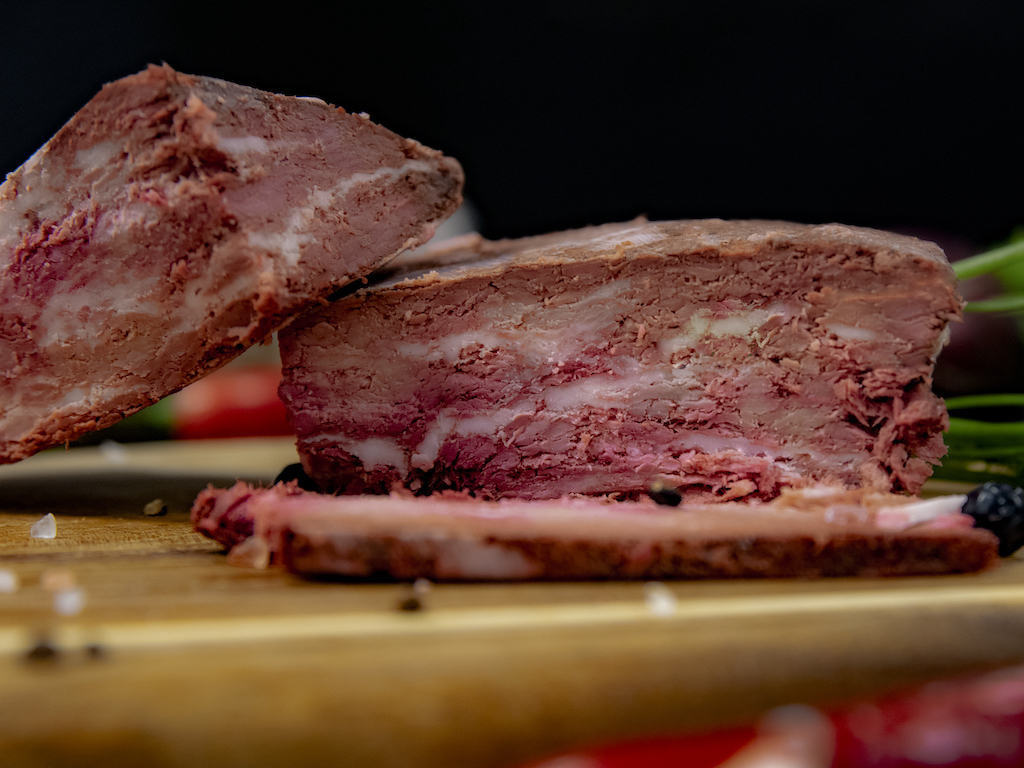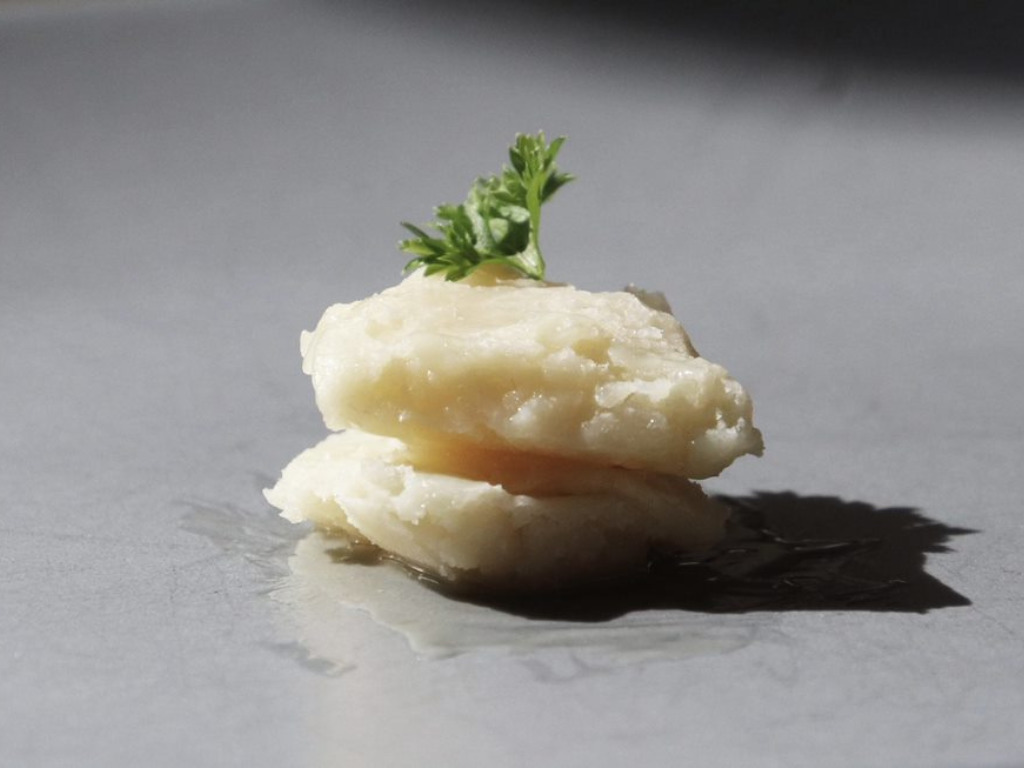4 Mins Read
Swedish startup Melt&Marble, which makes animal fat analogues, has closed a €5 million seed funding round, led by Lever VC. The company recently unveiled its alternative to beef fat that can be customised for plant-based meats. The non-animal fat replicates the properties and functionality of conventional beef fat, without the need for cattle slaughter or emission-heavy production methods.
Be8 Ventures, Good Startup, Nordic Foodtech VC, PINC and Chalmers Ventures all participated in the seed round. Funding is earmarked for scaling production and expanding the team, in preparation for commercial launch. It comes after the startup secured €750k last summer to prove its concept.

Precision fermentation for fat creation
Melt&Marble has created a fermentation platform that allows for customised fats to be developed. They can mirror the flavour, melting points and feel of conventional animal-derived fats, without compromising the vegan characteristics of the food they are added to. The startup identifies this as bridging a gap between plant-based protein and realistic meat analogues that will encourage a larger move to climate-friendly flexitarianism.
“While most people accept that we must minimize our consumption of animal-based foods, plant-based alternatives face a big hurdle,” Dr Anastasia Krivoruchko, CEO and co-founder of Melt&Marble said in a statement. “The plant-based fats currently used simply do not feel, act and taste like animal-based fats. As a result, the food does not taste as good, making it less attractive to consumers. As far as we’re aware, this is the first beef-like fat prototype produced via precision fermentation. It is a groundbreaking step towards making plant-based meat tastier.”

Appealing to consumer wants
A new report has revealed that wealthy countries need to decrease meat intake by 75 percent, if we are to stand a chance of fighting climate change. It was revealed in the Annual Review of Resource Economics, that in the E.U. alone, people consume around 80 kilograms of meat every year. This is contributing to food production greenhouse gas emissions, particularly methane, which has increased, despite calls to reduce it by 30 percent.
The science is readily available and the message is clear: we have to eat less conventional meat. However, plant-based alternatives are struggling to pose a threat to the established protein system, largely due to costs and taste.
Kearney recently released a report that states consumer uptake of vegan meats hinges on taste, mindset and price. The authors claim that cost will soon be a moot issue, as meat increases in price and creates parity from the other side of the table. Taste and mouthfeel remain hurdles, which Melt&Marble are trying to remove.
Prototyping showing positive results
Currently, Melt&Marble is at realised prototype stage, with a fat product that it claims gradually melts, as animal fats do, while supporting slow flavour release and extended juiciness. When ready to be offered to plant-based meat manufacturers as an ingredient, the fat will be fully adaptable to any application, not limited to beef-style products.
“Melt&Marble’s fermentation-derived beef fat will facilitate the step change in product quality that companies in the space have been striving for, increasing the size of their addressable markets and accelerating consumer uptake,” James Caffyn, partner at Lever VC said in a statement. “We have been hugely impressed by the progress Dr. Krivoruchko and her team have made and are excited to support them in their growth.”

Focussing on vegan meat fats
Melt&Marble is not the only startup looking to develop suitable animal fat replacements that will enhance plant-based meats. In fact, it is something of a trend now with companies all over the world hoping to unlock the secret to juicy mouthfeels.
Fellow Swedish outfit Mycorena revealed, last November, that it has developed a fat using fungi. It was specifically formulated to replace coconut oil, which many consumers are put off by, due to its health concerns and flavour.
Over in California, Yali Bio is creating a range of ‘designer fats’ that can be tailored to any application. It also leverages precision fermentation as a development platform. Most recently, in California, Lypid revealed it closed a $4 million seed funding round for its vegan meat fat scale-up endeavours. The startup uses microencapsulation of plant oils to create its flagship PhytoFat product.
Lead photo by Melt&Marble.





